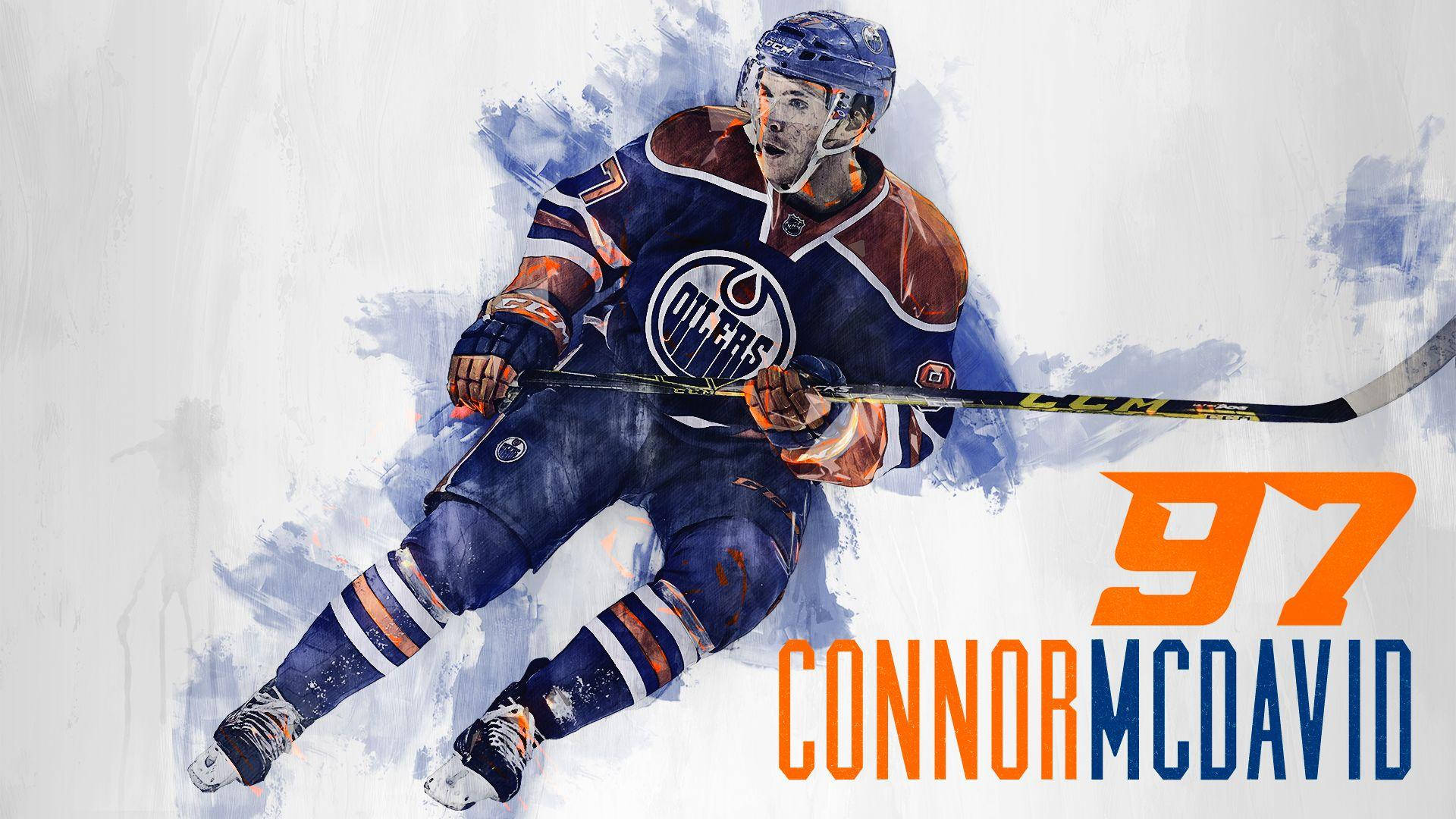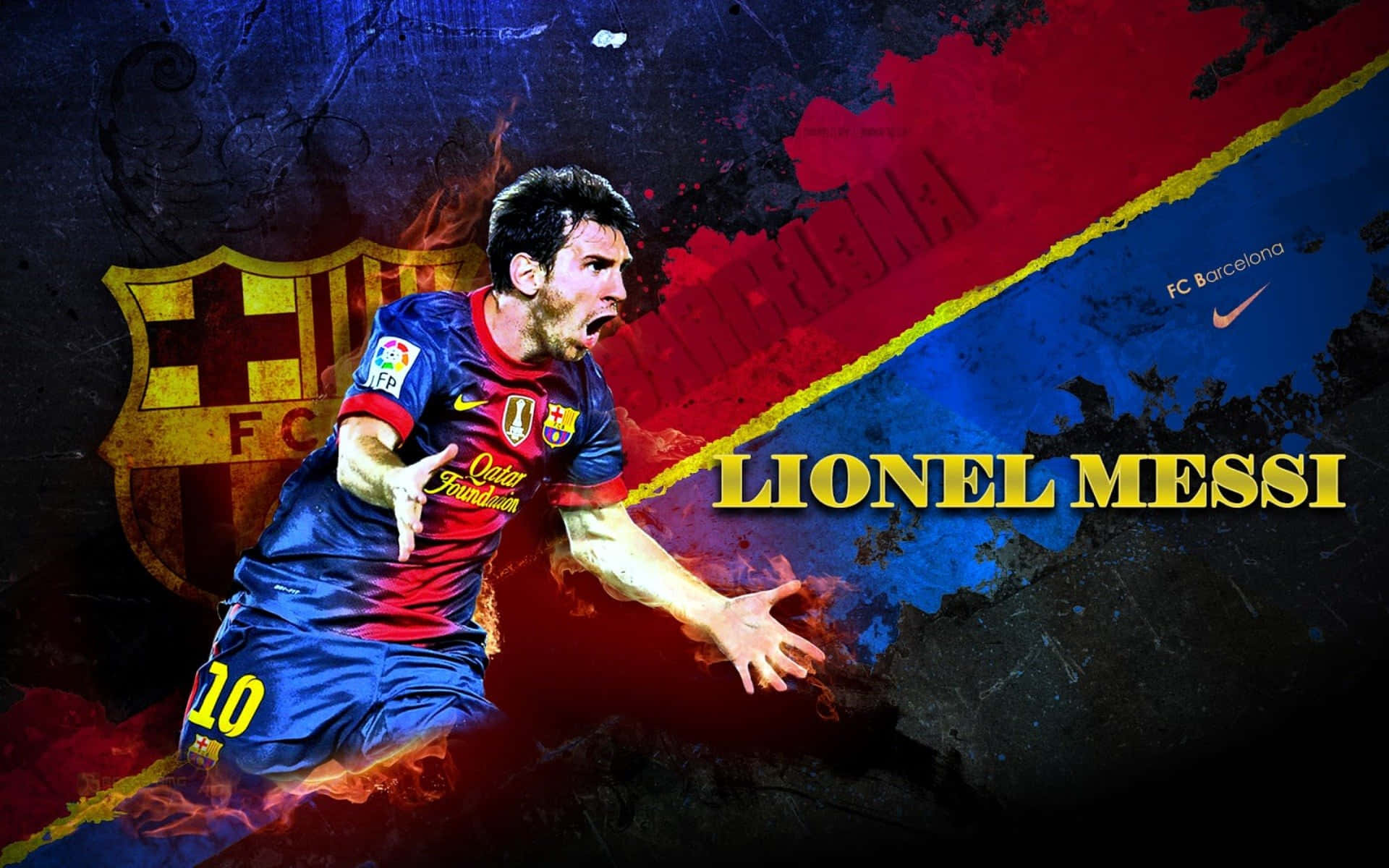In the dazzling, often individualistic realm of the National Basketball Association (NBA), where athleticism, flash, and raw power frequently dominate the narrative, Larry Bird stood as a defiant, almost mythical figure.1 He wasn’t the fastest, couldn’t jump the highest, nor did he possess the most aesthetically pleasing jump shot. Yet, with a mesmerizing blend of preternatural court vision, deceptive passing, clutch shooting, and an unmatched basketball IQ, he sculpted a legacy as one of the game’s greatest and most iconic players.2 His journey, from a humble Indiana upbringing to a three-time NBA MVP and the undisputed face of the Boston Celtics’ golden era, is a testament to unwavering self-belief, an insatiable competitive fire, and a gritty determination that belied his almost poetic grace on the court. This is the story of a player who consistently defied conventional wisdom, outsmarting opponents with sheer intellect and an unshakeable will to win.
Humble Roots and the Indiana Crucible (Pre-NBA) :
Born on December 7, 1956, in West Baden Springs, Indiana, Larry Joe Bird’s path to basketball stardom was forged in the small, tight-knit communities of rural Indiana.3 Growing up in French Lick, a town synonymous with his legend, Bird’s childhood was marked by economic hardship and the demanding realities of a working-class family.4 It was here, on outdoor courts and in high school gymnasiums, that he developed his insatiable love for basketball and began to hone his unconventional skills.
He excelled at Springs Valley High School, becoming a local legend for his scoring and all-around play.5 However, despite his obvious talent, the transition to college was initially rocky. He famously enrolled at Indiana University to play for the legendary Bobby Knight, only to drop out after just 24 days, overwhelmed by the sheer size of the campus and yearning for his familiar surroundings.6 He returned to French Lick, worked various jobs, and briefly attended a local junior college.7
His path then led him to Indiana State University, a lesser-known program at the time.8 It was here, under coach Bill Hodges, that Bird truly blossomed. He transformed the Indiana State Sycamores into a national powerhouse, leading them to an undefeated regular season in 1978-79 and a memorable appearance in the 1979 NCAA Championship Game against Magic Johnson’s Michigan State – a game often credited with ushering in the modern era of college basketball and sparking the legendary Bird-Magic rivalry.9 Despite losing the championship, Bird’s performance and leadership captivated the nation, solidifying his status as a legitimate superstar. He finished his college career with astounding averages and numerous national awards.
The NBA Entry: Boston’s Transformative Pick (1978-1980)
Despite the hype, another unique aspect of Bird’s journey unfolded before he even stepped onto an NBA court. Recognizing his exceptional talent, the Boston Celtics, under the shrewd guidance of Red Auerbach, famously drafted Bird with the 6th overall pick in the 1978 NBA Draft, even though he had one year of college eligibility remaining.10 This highly unusual “junior eligible” draft pick was a gamble that paid off handsomely. The Celtics had to wait a year for him, but it allowed them to retain his draft rights and secure their future franchise cornerstone.11
Bird joined the Celtics for the 1979-80 season, a team that had fallen on hard times after their Bill Russell-era dynasty.12 His impact was immediate and profound. He transformed a 29-53 team into a 61-21 juggernaut, leading them to the Eastern Conference Finals. He averaged 21.3 points, 10.4 rebounds, 4.5 assists, and 1.7 steals per game, displaying his incredible all-around game and effortless impact. He won the NBA Rookie of the Year award, narrowly beating out his college rival, Magic Johnson, setting the stage for their iconic professional rivalry. His arrival, coupled with Magic’s debut with the Lakers, breathed new life into the NBA.
The Bird-Magic Era and Celtics Dynasty (1980-1987) :
The 1980s were defined by the captivating rivalry between Larry Bird’s Celtics and Magic Johnson’s Los Angeles Lakers. This intense yet respectful competition between two of the game’s greatest players elevated the NBA to unprecedented heights of popularity.
Under Bird’s leadership, the Boston Celtics built one of the most formidable dynasties in NBA history. With a core of established veterans like Robert Parish and Kevin McHale (acquired in a legendary trade thanks to Bird’s delayed arrival), the Celtics developed a unique blend of skill, toughness, and teamwork that perfectly complemented Bird’s genius.
- Three NBA Championships: The Celtics, led by Bird, won three NBA championships (1981, 1984, 1986) during the decade.13 Each championship was a hard-fought battle, often against the Lakers or the Philadelphia 76ers, showcasing the team’s resilience and Bird’s clutch performances.14
- Three Consecutive MVP Awards: From 1984 to 1986, Bird achieved a feat accomplished by only a select few: he won three consecutive NBA Most Valuable Player (MVP) awards.15 This unprecedented stretch of individual dominance highlighted his unmatched impact on winning, his statistical versatility, and his consistent ability to elevate his team.
- Defining Moments: Bird was renowned for his clutch performances.16 Whether it was the “steal by Bird” in the 1987 Eastern Conference Finals against the Detroit Pistons, his numerous game-winning shots, or his legendary trash-talking, he consistently delivered in the biggest moments, often backing up his audacious words with even more audacious plays.17
- Statistical Versatility: Bird was a walking triple-double threat long before it became a commonplace metric. He effortlessly filled the stat sheet, excelling in scoring, rebounding, and assisting, often leading his team in multiple categories.18 His ability to impact every facet of the game was a defining characteristic.
The Unconventional Genius: Deconstructing Bird’s Game :
Larry Bird’s playing style was a masterclass in intelligence, deception, and fundamentally sound basketball, all executed with a deceptively slow-motion grace:19
- Preternatural Court Vision and Passing: This was his most defining trait. Bird saw plays developing before anyone else. His passing was sublime – no-look passes, pinpoint full-court outlets, perfectly weighted lobs – all delivered with a seemingly casual flick of the wrist.20 He often toyed with defenders, anticipating their moves and dissecting defenses with surgical precision.21
- Deceptive Offense: He wasn’t overtly athletic, but he was incredibly deceptive. He used pump fakes, jab steps, and subtle changes of pace to create space.22 His moves to the basket were often slow and methodical, but he finished with uncanny touch.
- Clutch Shooting: Bird was one of the most clutch shooters in NBA history. He relished the pressure of the final seconds, hitting countless game-winners and impossible shots from all over the court. His confidence in these moments was unwavering.
- Elite Rebounding for a Forward: Despite not being a high-jumper, Bird was an exceptional rebounder due to his excellent positioning, anticipation, and tenacious effort.23
- High Basketball IQ: His understanding of the game was legendary. He knew angles, how to use screens, where teammates would be, and how to exploit opponents’ weaknesses.24 He was a coach on the floor.
- Effortless Three-Point Shooting: Bird was one of the pioneers of the three-point shot.25 He had deep range and a quick release, often hitting threes from far beyond the arc with a casual elegance.26 He famously participated in and dominated the NBA’s Three-Point Contest.27
- Trash Talker and Competitor: Bird’s competitive fire burned intensely.28 He was legendary for his trash-talking, often letting opponents know exactly what he was going to do before doing it.29 This mental edge was a crucial part of his game.
- Sneaky Defense: While not known for highlight-reel blocks, Bird was an incredibly intelligent defender. He anticipated passing lanes, played excellent team defense, and was adept at drawing charges and picking up steals.30
Battling Injuries and the “Dream Team” (1987-1992) :
As the 1980s drew to a close, the toll of Bird’s relentless competitive drive and aggressive style began to manifest in severe back problems.31 His body, particularly his back, started to break down, significantly limiting his mobility and effectiveness. Despite agonizing pain, he continued to play through injuries, a testament to his grit.32
His final years were a valiant struggle against his physical limitations. However, he still managed to deliver flashes of his brilliance, showcasing his unmatched skill even when his athleticism was diminished.33
A fitting capstone to his playing career came in 1992, when despite his injuries, he was selected as a member of the iconic “Dream Team” – the first American Olympic men’s basketball team to feature active professional NBA players.34 The Dream Team, featuring Bird alongside Magic Johnson, Michael Jordan, Charles Barkley, and others, dominated the Barcelona Olympics, winning the gold medal and showcasing NBA basketball to the world.35 For Bird and Magic, it was a poignant final chapter to their shared rivalry, playing together on the grandest stage.
Larry Bird officially retired from the NBA in 1992, at the age of 35, due to his chronic back problems.36
Beyond the Court: Coach, Executive, and Enduring Icon :
Larry Bird’s impact on basketball extended far beyond his playing days. He successfully transitioned into coaching and then management, proving his basketball IQ translated to leadership roles off the court:37
- Coaching: He coached the Indiana Pacers for three seasons (1997-2000), leading them to their first and only NBA Finals appearance in 2000.38 He was named NBA Coach of the Year in 1998, becoming the only person in NBA history to win MVP, Coach of the Year, and Executive of the Year.
- Executive: He served as the President of Basketball Operations for the Indiana Pacers for many years, overseeing successful team builds and earning the NBA Executive of the Year award in 2012.39 His keen eye for talent and strategic understanding of roster construction made him an effective front-office leader.40
- Humble Legend: Despite his immense success, Bird has always maintained his humble, small-town persona.41 He shies away from the spotlight, preferring a quiet life, but his presence in the basketball world is always revered.42
The Enduring Legacy
Larry Bird’s place in NBA history is secure, cemented by his achievements, his impact on the game, and his legendary rivalry with Magic Johnson.43
- The Ultimate Winner: His three championships and three MVPs underscore his unparalleled impact on winning.44
- The Quintessential Celtics Legend: He is the undisputed face of the modern Boston Celtics, embodying the franchise’s values of grit, teamwork, and excellence.
- The Bird-Magic Rivalry: This rivalry transcended basketball, captivating a nation and saving the NBA from declining popularity in the early 1980s. It remains one of the greatest rivalries in sports history.
- The Unconventional Superstar: He proved that elite athleticism wasn’t a prerequisite for greatness, paving the way for players who rely more on skill, intelligence, and feel for the game.45
- One of the All-Time Greats: Universally regarded as one of the top 10-15 players in NBA history, a true all-around force.46
- The “Hick from French Lick”: A nickname that captures his humble origins and enduring appeal, symbolizing that greatness can emerge from anywhere.
Larry Bird was more than just a basketball player; he was a basketball savant, a master illusionist, and an unyielding competitor.47 His game was a beautiful symphony of fundamentals and sheer will, a testament to what can be achieved through intellect, dedication, and an unshakeable belief in oneself. The “Hick from French Lick” left an indelible mark on the sport, and his legend continues to inspire and captivate fans, forever solidifying his place as one of basketball’s most beloved and iconic figures.48





Leave a Reply